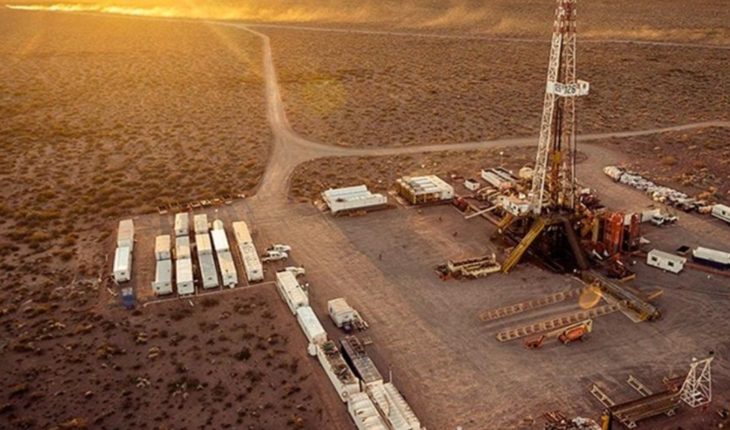This Monday dawned with a sharp collapse in oil prices internationally. The falls averaged 30%. The weakening of the global economy by the expansion of the coronavirus accentuated a “price war” between Saudi Arabia and Russia. The dispute between the oil powers to conquer markets makes the Brent barrel (reference for Argentina) trading around 35. How does this affect our country? Gasoline
First, one would expect a fall in the price of oil to directly impact a drop in tariffs on fuels in the pump. In this way, in the coming hours we should receive the news of a fall in the prices of naphthas. However, this is very unlikely to happen, as the hydrocarbon sector in our country is heavily regulated. For starters, the price of naphthas is frozen. Strikingly, and as a sign of the extreme volatility we witnessed, companies in the sector were demanding an increase in the price of fuels of 10%, generating rumors about a possible announcement by the government validating the rise. The order was detached from a “delay” of the local price with respect to the international price, which reduced the profit margins of the oil companies. Within a few weeks, the situation took a turn of 180 degrees: with the current price, the increase in pump would be archived. Even if the downward trend in international prices is sustained, fuels should also do so. However, it is unlikely to occur, due to the narrowing profit margin for companies.
Dead Cow
But the profit margin problem is not only referred to the price in the pump. If the oil depression is maintained, it can have serious effects on the development of the famous deposit. It is that, at times when activity in the Neuquina basin is semi paralyzed, a barrel in us$ 35 makes its production development almost impossible. Last Thursday, at a conference opposite investors on Wall Street, YPF CEO Daniel Gonzalez announced that if Brent stays below $50 “it’s hard to make investments in new blocks” of unconventional production, such as those found in Vaca Dead. In the same vein, industry experts estimate that a barrel at least $40 is needed to not alter the economic equation of projects. This data puts back on the table the feasibility of development in the exploitation of neutron formations.
If the downtrend were sustained, the government could opt for the implementation of a “criollo barrel”, cristina Kirchner style. This involves subsidizing oil companies to guarantee a barrel to, say, $55, to sustain companies’ profits at the expense of state spending. It is to be seen whether such a policy will be inscribed in the hydrocarbons bill announced by Alberto Fernández in the opening of legislative sessions, and whether the state has the necessary funds to implement it. Provinces
The governors of the provinces with active deposits are particularly closely watching the conflict between the major oil powers. Neuquén, Rio Negro and Chubut are some of the main beneficiaries of fossil fuel. They have a budget very dependent on oil royalties, payments made by companies to provincial governments, which correspond to a percentage of the value generated in production. The extreme case is that of Chubut, which relies heavily on the royalties generated in the Gulf of St. George. The province faces serious budgetary problems, with difficulties in paying wages and whose exit to the crisis depends almost exclusively on the future of the oil industry.
In short, fuel consumers may be partially benefited by this oil debacle. However, the threat this poses to Vaca Muerta is alarming. At a time of definitions about the negotiation of Argentina’s foreign debt, a sector with the potential to generate dollars would weaken our position towards international creditors. In this note:
translated from Spanish: Oil prices are collapsing, what are the effects of Argentina?
March 9, 2020 |





